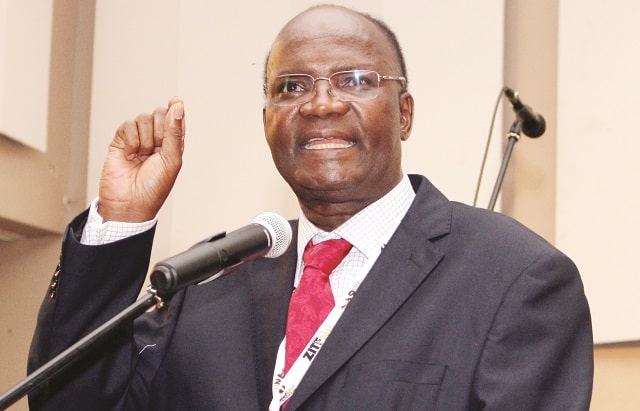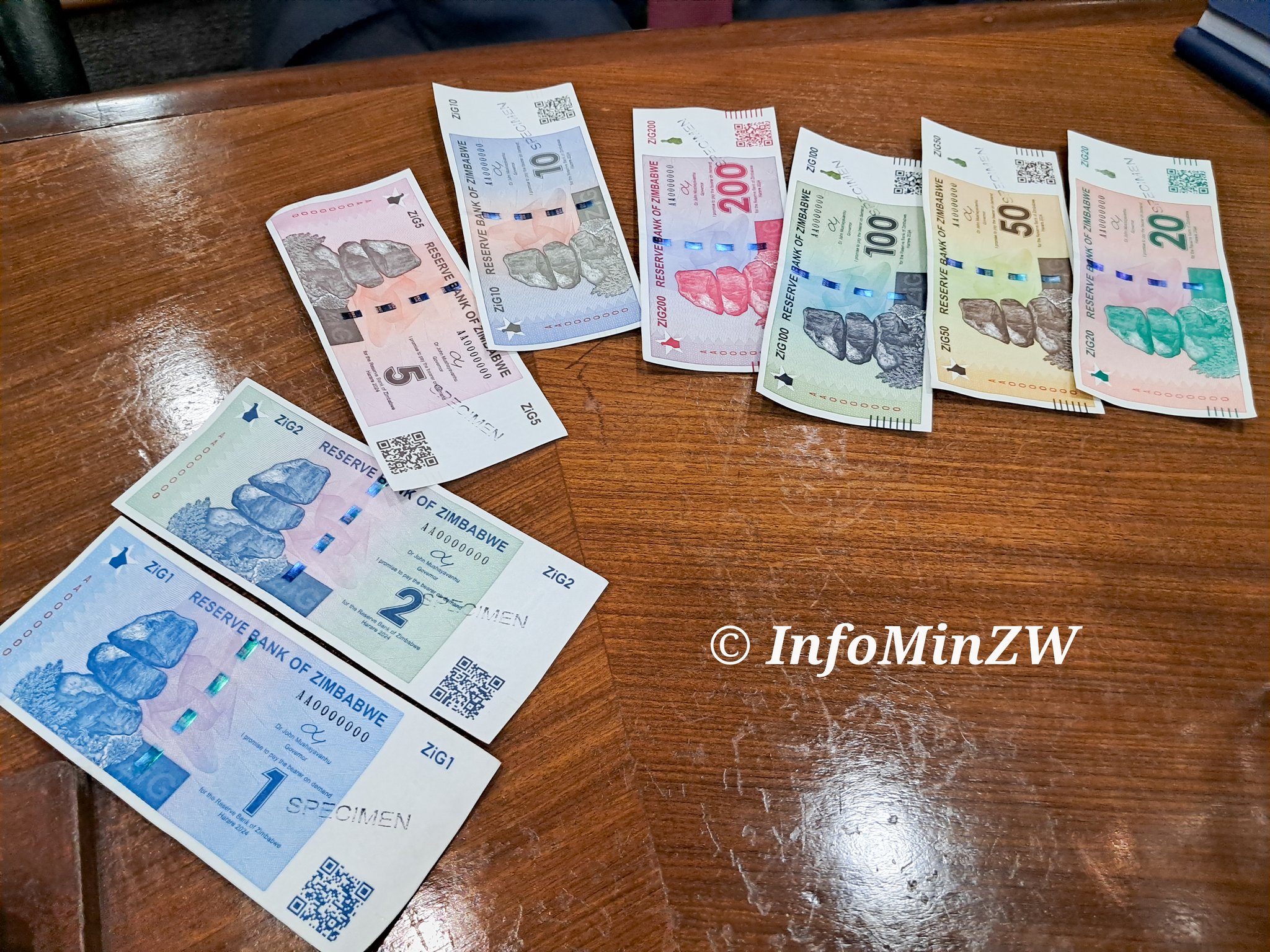Exiled former cabinet minister Jonathan Moyo has praised Finance and Economic Development Minister Mthuli Ncube for putting in place measures to stabilize the country’s economy.
Moyo says Ncube’s intervention shows that the government is committed to solve the economic crisis.
He thanked Ncube for not succumbing to the pressure and calls for full dollarisation.
Moyo writes:
Well done and kudos Prof Mthuli Ncube. With your statement tonight, you have reverted to the right toolbox and demonstrated that at least government is ready and willing to put its mouth where its money is, principally to shore up the Zim dollar, which has come under untold pressure characterised by precipitous price hikes and volatile exchange rates with the threat of shortages of basic commodities looming on the horizon.
So, this is a commendable policy intervention by Minister Ncube.
It is encouraging that the thrust of his intervention is to beef up the local currency, and not to go the dollarisation track that some quarters are clamouring for.
Full dollarisation should indeed be out of the question, more so given that unlike in the 2008 doomsday scenario, exports have breached the USD 12 billion mark. In any case, the experience of countries like Argentina with dollarization is ugly and provides bad lessons of what not to do.
It’s therefore prudent for Zimbabwe to remain a dualcurrency or multicurrency economy, while building up and strengthening the Zim dollar to become the dominant currency in due course.
While it is always a daunting task to mend a roof with multiple leaks in the middle of a pounding and blinding storm of the kind currently battering the Zim economy, along with the welcome measures announced by Minister Ncube tonight, the basket of other or additional options could include the following:
*For the Zim Dollar to eventually become the dominant currency, it would be wise to bite the bullet and liberalize the exchange rate sooner rather than later, such that the value of the currency must – as reasonably possible – be determined by demand and supply.
*Serious consideration should be given to benchmarking civil service salaries to the wage bills in the region if not in Sub-Saharan Africa.
*Government should consider paying contractors in forex (or ZWL at market determined exchange rate at point of payment) at reasonable or competitive prices for goods and services. This could have a positive impact because, currently, national projects are funded by way of paying contractors in ZWL which they immediately take to the market to get value. In essence, they dump their currency at the point of receipt. Notably, over the years, Zimbabweans have become oriented to work and deal on the basis that the minute they get Zim dollars, they want to dump them for forex.
It seems that if demand is created for the Zim dollars, contractors would most likely keep the Zim dollars in their accounts and exchange them only on a need basis. After all, it is a normal global practice to promote savings, but if somehow a country cannot do that with its own currency, then it necessarily fuels artificial demand for forex.
*In order to create demand for the local currency, all not just some taxes should be paid in ZWL.
*Capital projects should be funded by long term financing from external lenders.
*At long last, there’s now a clear and present opportunity to pursue privatization as a viable option for funding roads, dams, electricity, water and telecoms. And, taking a leaf from Russia’s recent experience, consideration should be given to sell some prized State assets in ZWL.
Otherwise, the measures in the statement by Minister Ncube are an appropriate, significant and timely step in the right direction. But of course the devil is in the cooperation challenge: measures like these have the best chance of success where and when everyone in the economy and across the political divide is ready and willing to play their part!
J moyo














